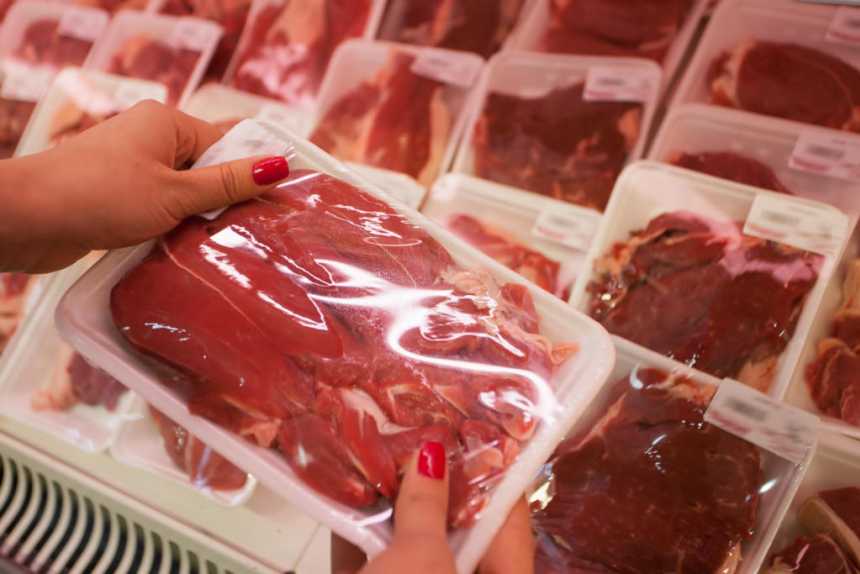
Steak, hamburger, beef ribs, cheeseburger and meatball lovers need to be on special alert as the Federal government has enlarged their recall of beef products.
Beef producer, JBS Tolleson Inc. is recalling more than 5.1 million pounds of raw beef products that may be tainted with salmonella, the US Department of Agriculture’s Food Safety and Inspection Service said Tuesday.
YOU MAY ALSO LIKE
The initial recall announced by the U.S. Food Safety and Inspection Service in early October included 6.5 million pounds of raw beef products. The addition Tuesday brings the total recalled amount to 12,093,271 pounds, and authorities say they’re concerned it could be in consumers’ freezers.
These new millions of pounds have been added to a national recall over concerns about possible salmonella contamination, and the number of people sickened has soared to 246 patients in 26 states, federal officials said Tuesday. One death has been reported and over 50 people have been hospitalized.
The number of those sickened has increased drastically in recent weeks. Initially, it was only around 60 people in 16 states. But since then, it has jumped to four-times that original number.
The recalled beef was produced and packaged between July 26 and September 7, according to the service. The products have been distributed nationwide and include the brands Kroger, Cedar River Farms, Grass Run Farms and JBS generic.
YOU MAY ALSO LIKE

“FSIS is continuing to investigate illnesses associated with this widespread outbreak, and additional product from other companies may also be recalled,” the recall notice said.
Consumers should discard or return any recalled beef. The Food Safety and Inspection Service said it’s concerned that consumers may unknowingly have recalled beef in their freezer. In addition, “only consume ground beef that has been cooked to a temperature of 160°F. Other cuts of beef should be cooked to a temperature of 145°F and allowed to rest for at least 3 minutes,” USDA said.
Symptoms of salmonella usually begin within 12 to 72 hours of consuming contaminated food. These can include diarrhea, abdominal cramps and fever that last between four and seven days. Most people recover on their own, but those who experience persistent diarrhea may need to be hospitalized.











